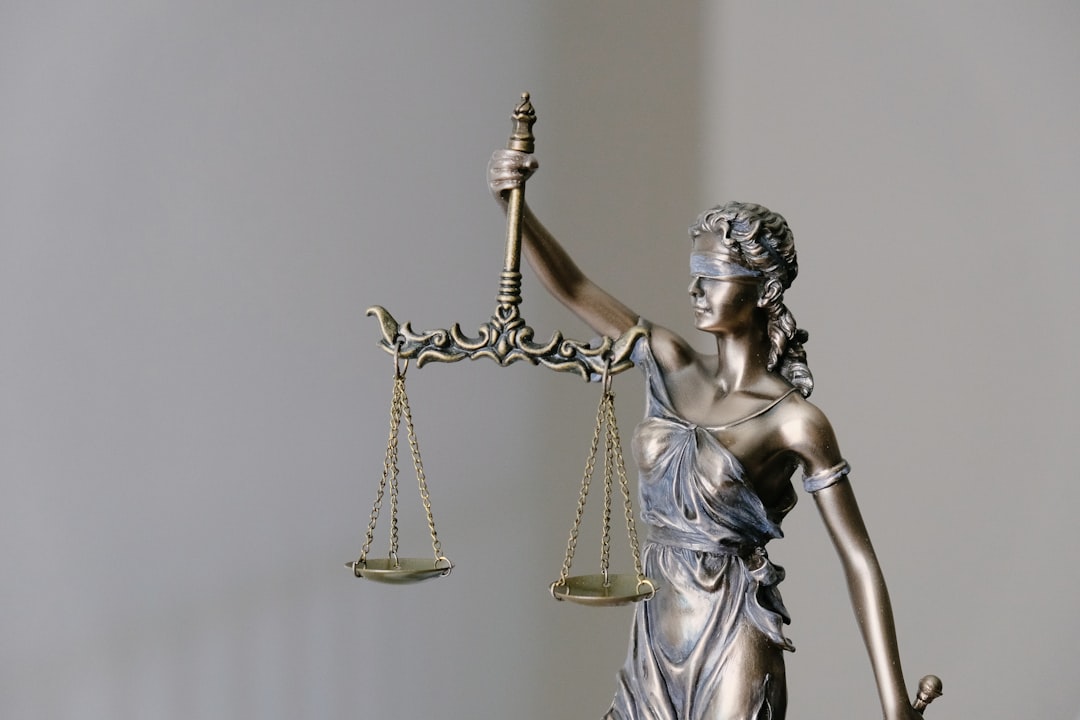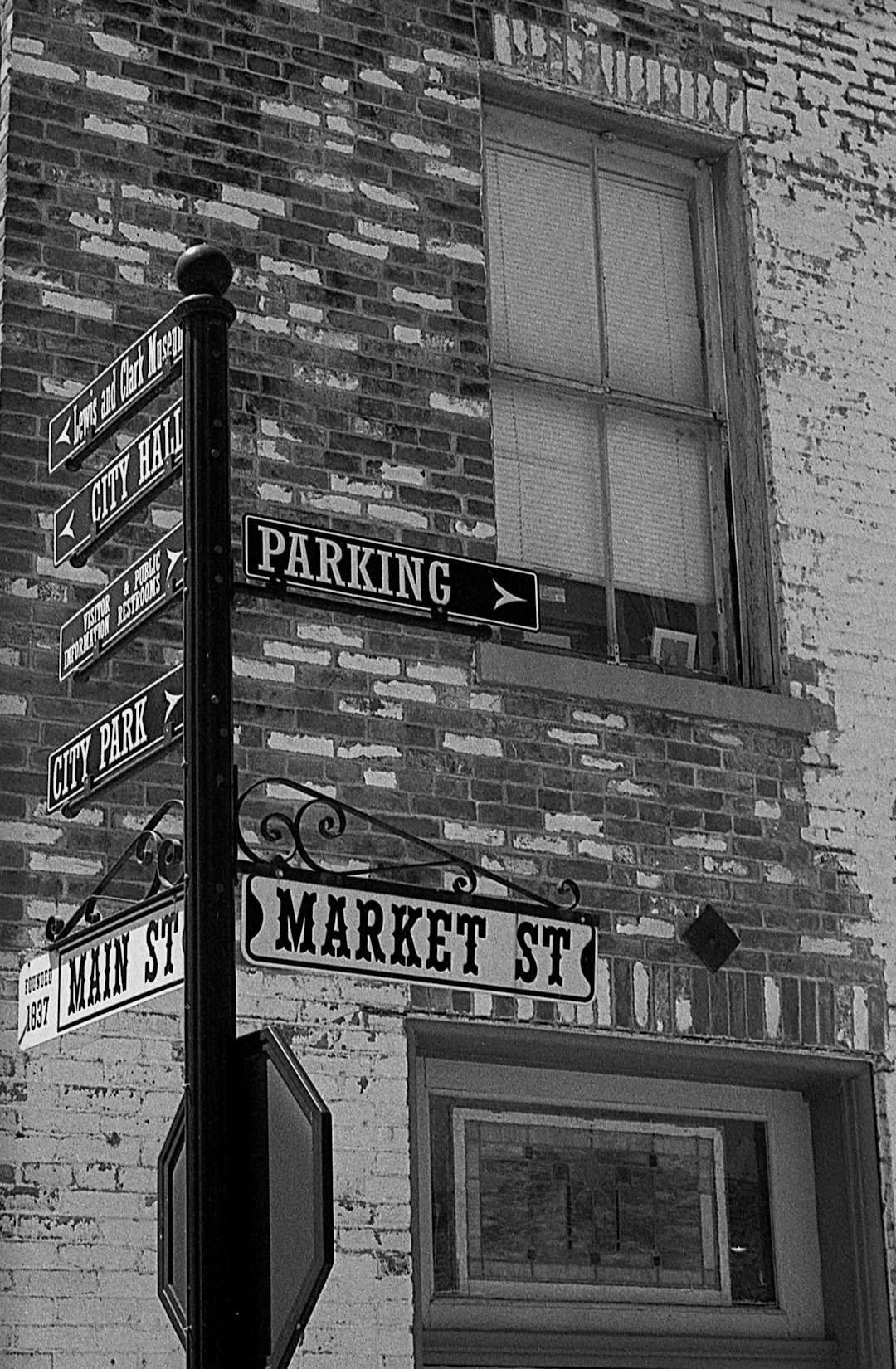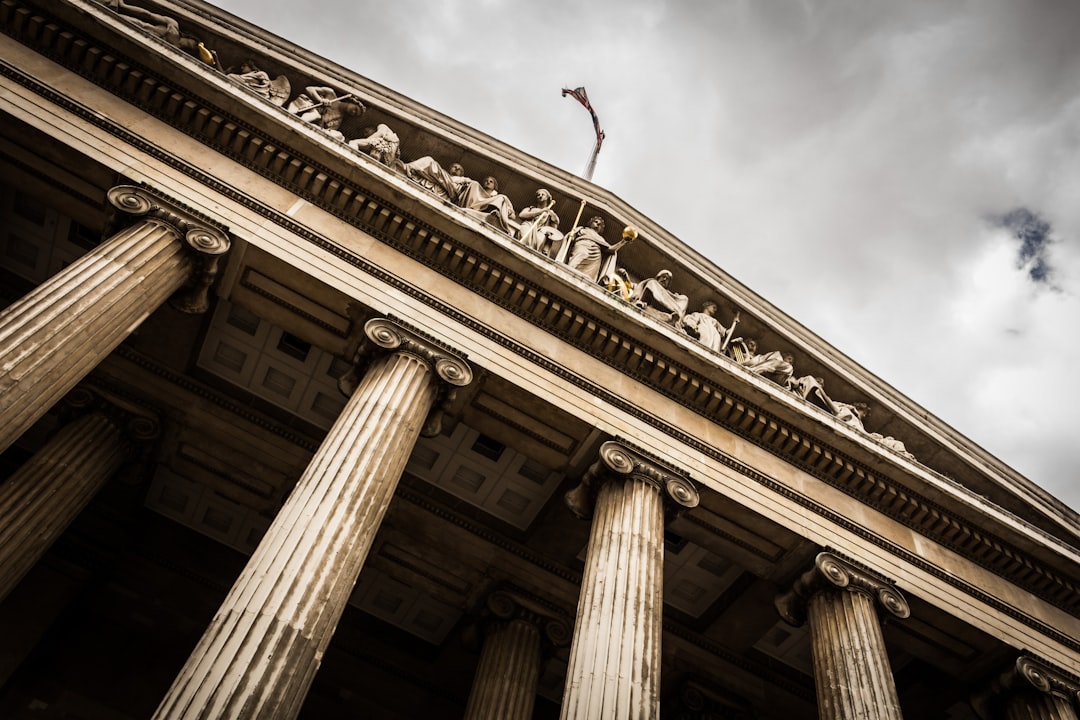Media scrutiny in high-profile rape trials in Missouri presents challenges for lawyers advocating for survivors. While raising awareness and ensuring accountability, intense media attention can bias juries, oversimplify legal issues, and increase pressure on lawyers. Rape lawyers navigate complex laws, use strategic communication to counter negative effects of coverage, and advocate for clients' constitutional rights, balancing public education with fairness in court proceedings.
Media coverage plays a pivotal role in high-profile rape trials, especially in Missouri, where cases often attract widespread attention. This article delves into the complex interplay between media scrutiny and justice, exploring its power and pitfalls. We examine how rape lawyers in Missouri navigate public perception while ensuring due process. By balancing transparency and privacy, these legal professionals strive to achieve justice for their clients, underscoring the critical role of responsible media reporting in the criminal justice system.
Media Scrutiny: The Power and Pitfalls in Rape Trials
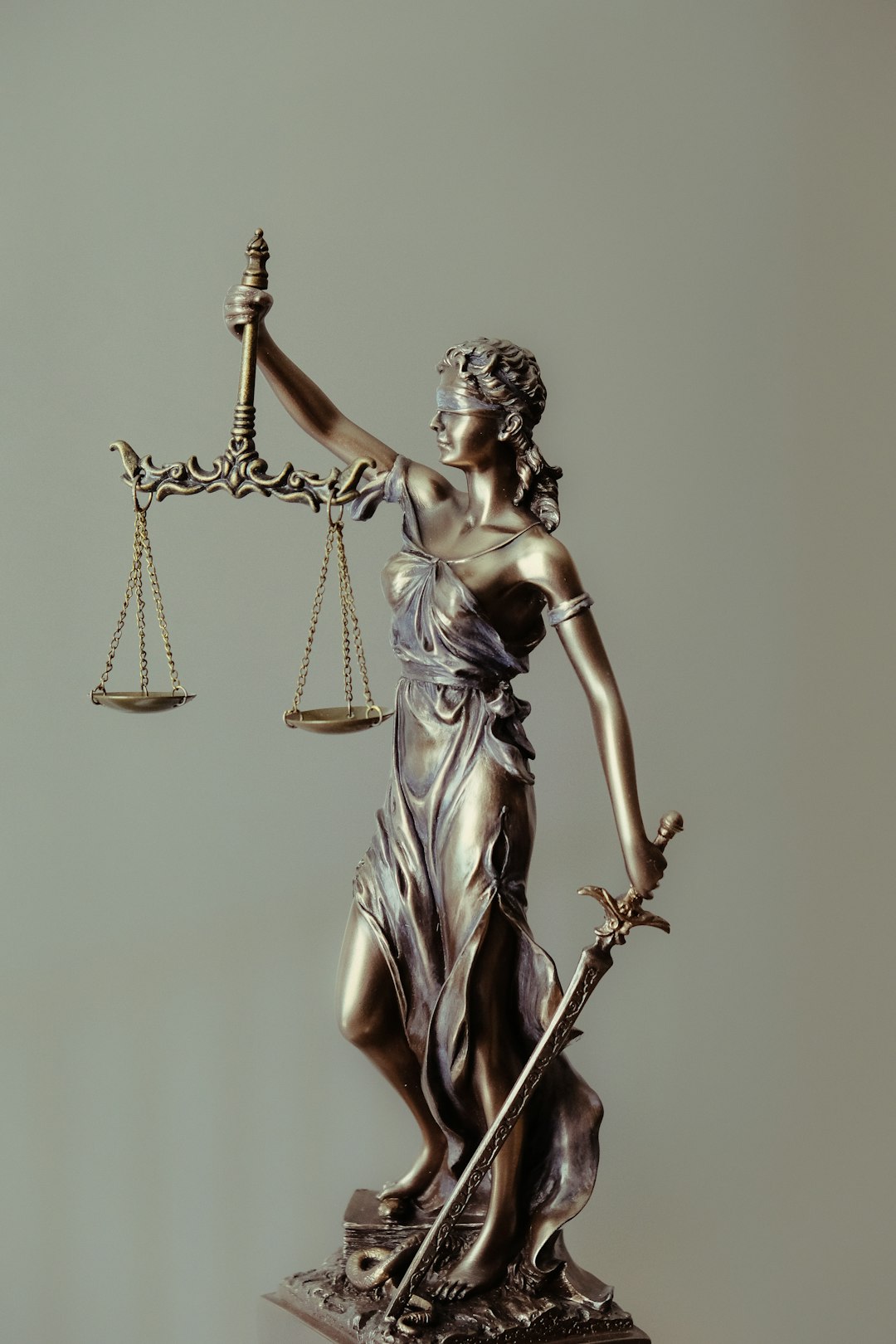
Media scrutiny plays a complex role in high-profile rape trials, such as those involving prominent figures or challenging cases that attract widespread interest. While extensive media coverage can raise awareness about sexual violence and ensure public accountability, it also presents significant pitfalls.
The power of the media lies in its ability to shape public opinion and influence the perception of justice. Rap lawyers in Missouri often face intense scrutiny from journalists seeking to unravel the intricacies of a case. This attention can be a double-edged sword; it may motivate prosecutors to present a robust defense, but it also risks prejudicing potential jurors through sensationalized reporting. Furthermore, the pressure to deliver compelling narratives can lead to an overemphasis on dramatic elements, potentially oversimplifying complex legal issues and detracting from the nuanced aspects of the trial.
Missouri's Legal Landscape: Rape Lawyers in the Spotlight
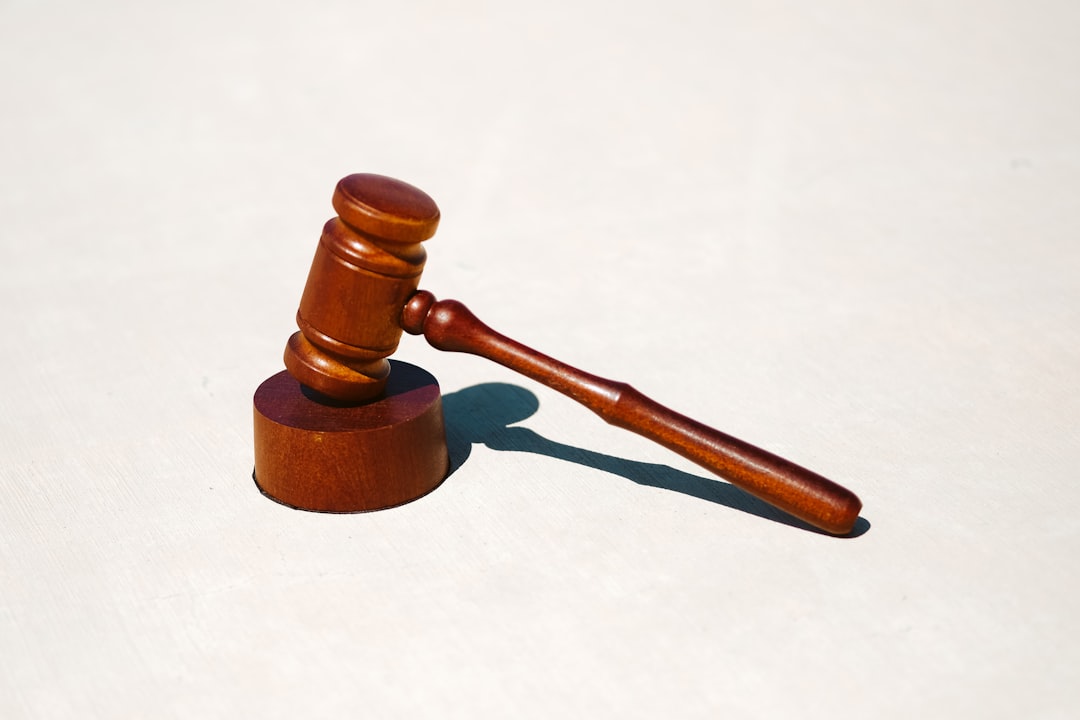
In Missouri, the legal landscape surrounding rape cases is complex and highly scrutinized, especially in high-profile trials. Rape lawyers in this state play a pivotal role in navigating the intricate web of criminal justice. They are advocates for survivors, ensuring their rights are protected throughout the legal process. With a deep understanding of Missouri’s laws and legal procedures, these specialists handle sensitive cases with expertise, aiming to deliver just outcomes.
The spotlight on rape lawyers in Missouri is intense, as their work often attracts media attention. They must balance public scrutiny with the delicate nature of their clients’ stories. Effective communication and strategic legal arguments are essential tools for these professionals, enabling them to challenge evidence, question witnesses, and present compelling defenses. The impact of media coverage varies; while it can raise awareness and support, it also carries risks of sensationalism and potential prejudice, making the role of rape lawyers even more critical in ensuring fair trials.
Balancing Justice: Public Perception vs. Due Process
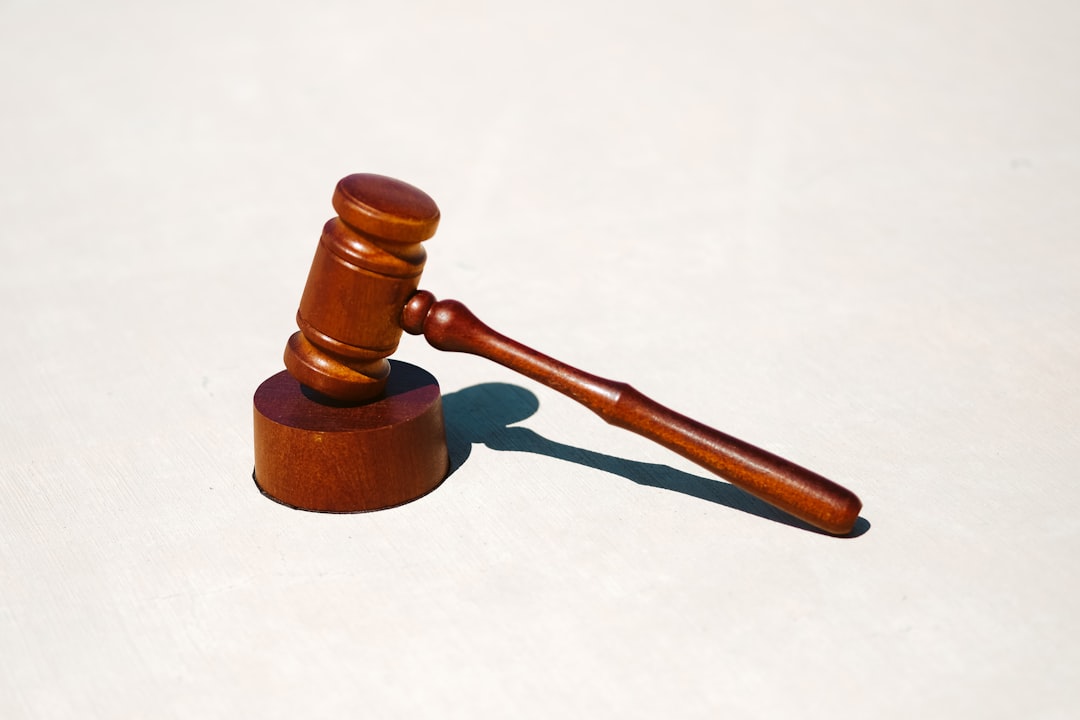
In high-profile rape trials in Columbia, Missouri, media coverage plays a double-edged sword role. On one hand, extensive media attention can raise public awareness about sexual assault and ensure that justice is served by keeping the issue of rape in the spotlight. It also allows rape lawyers to educate the community, challenging misconceptions and promoting empathy towards survivors. However, this same scrutiny can undermine the due process rights of the accused. The pressure from public opinion may lead to a rush to judgment, making it difficult for juries to remain impartial.
Rape trials are complex legal matters that demand careful consideration of evidence and procedural fairness. Media coverage, while crucial for transparency, must be balanced against the need to protect the rights of all involved. In Missouri, where rape lawyers play a vital role in advocating for their clients’ constitutional rights, navigating this delicate equilibrium is essential to achieving both justice and fairness in court proceedings.
